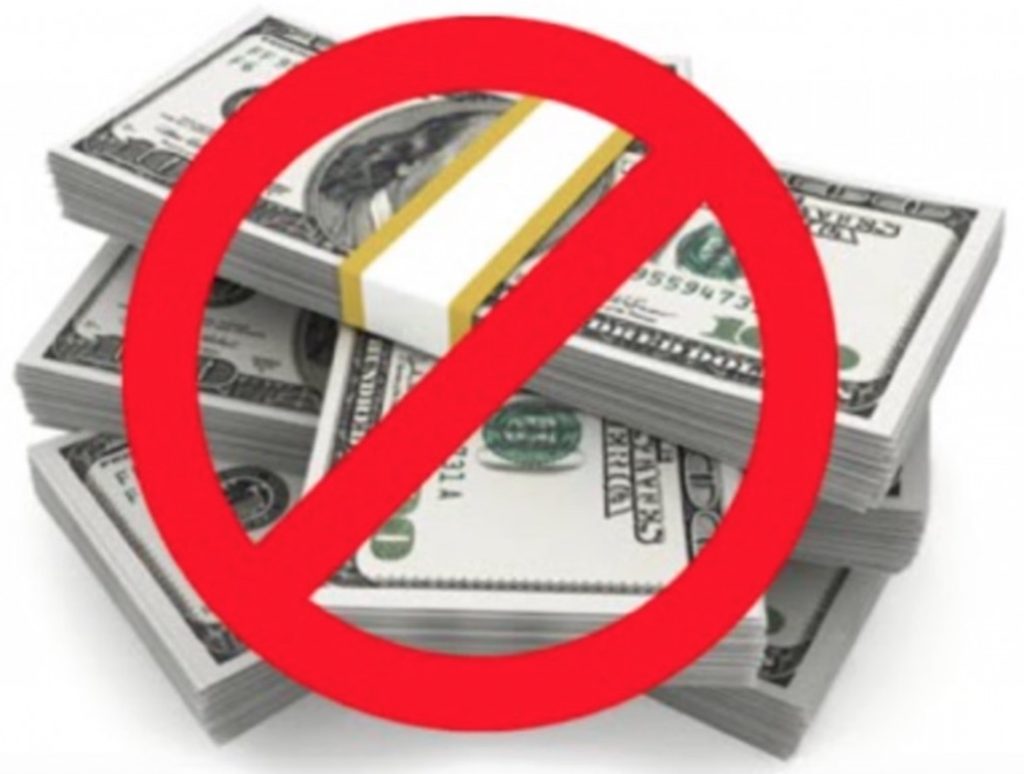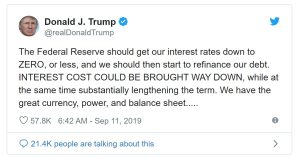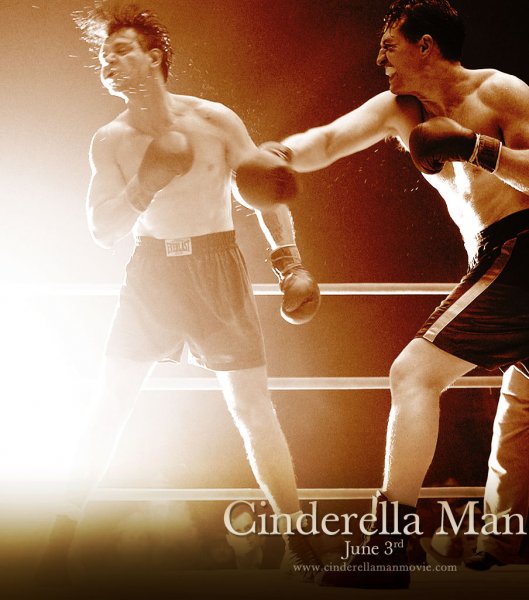
I cannot overstate the significance of today’s New York Times editorial board endorsement of the elitist scheme to ban large denomination cash from public circulation. This is the latest example of the editorial board putting the interests of the establishment ahead of the citizenry, while at the same time employing a nonsensical argument to support its position which channels emotion rather than logic.
This public support for a de facto cash ban by the New York Times must not be viewed in a vacuum. It should be read in conjunction with its recent absurd endorsement of Hillary Clinton in the Democratic primary. I covered that previously published piece of fiction in the post, A Detailed Look at The New York Times’ Embarrassing, Deceitful and Illogical Endorsement of Hillary Clinton. Here are a few excerpts:
The New York Times’ endorsement of Hillary Clinton against Bernie Sanders in the Democratic primary consists of an unreadable, illogical piece of fiction. In this post, I will critique the paper’s position in detail, but first I want to take a step back and explain to people what I think is going on in the bigger picture.
In its endorsement of Hillary, the New York Times editorial board did such a sloppy job I can’t help but think it may have done permanent damage to its brand. Upon reading it, my initial conclusion was that the editorial board was either suffering from Stockholm syndrome or merely concerned about losing advertising revenues should they endorse Sanders. Then I thought some more and I realized my initial conclusions were wrong. Something else is going on here, something far more subtle, subconscious and illuminating. The New York Times is defending the establishment candidate simply because the New York Times is the establishment.
One of the biggest trends of the post financial crisis period has been a plunge in the American public’s perception of the country’s powerful institutions. The establishment often admits this reality with a mixture of bewilderment and erroneous conclusions, ultimately settling on the idea people are upset because “Washington can’t get anything done.” However, nothing could be further from the truth. When it comes to corruption and serving big monied interests, both Congress and the President are very, very good at getting things done. Yes it’s true Congress doesn’t get anything done on behalf of the people, but this is no accident. The government doesn’t work for the people.
With its dishonest and shifty endorsement of Hillary Clinton, I believe the New York Times has finally come out of the closet as an unabashed gatekeeper of the status quo. I suppose this makes sense since the paper has become the ultimate status quo journalistic publication. The sad truth is the publication has been living on borrowed time and a borrowed reputation for a long time. Long on prestige, it remains very short on substance when it comes to fighting difficult battles in the public interest. Content with its position of power and influence within the current paradigm, the paper doesn’t want to rock the boat. What the New York Times is actually telling its readers with the Hillary Clinton endorsement is that it likes things just the way they are, and will fight hard to keep them that way. It is as much a part of the American establishment as any government institution.
What we learned from that piece was that the New York Times was frantically working to protect and support the political establishment from an insurgent Sanders surge. Similarly, what we see in today’s article is the same editorial board scrambling to protect the financial and economic establishment. So why do I come to such a conclusion? Let me explain.
Continue reading “New York Times Editorial Board Endorses Economic Fascism – Supports Banning the $100 Bill”



















